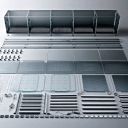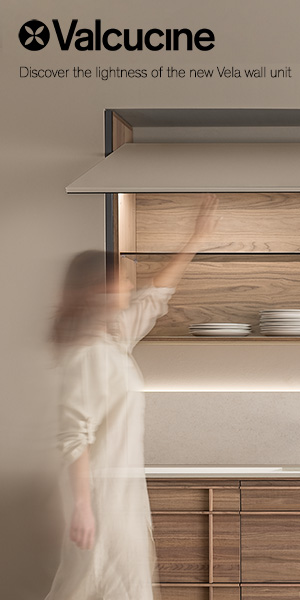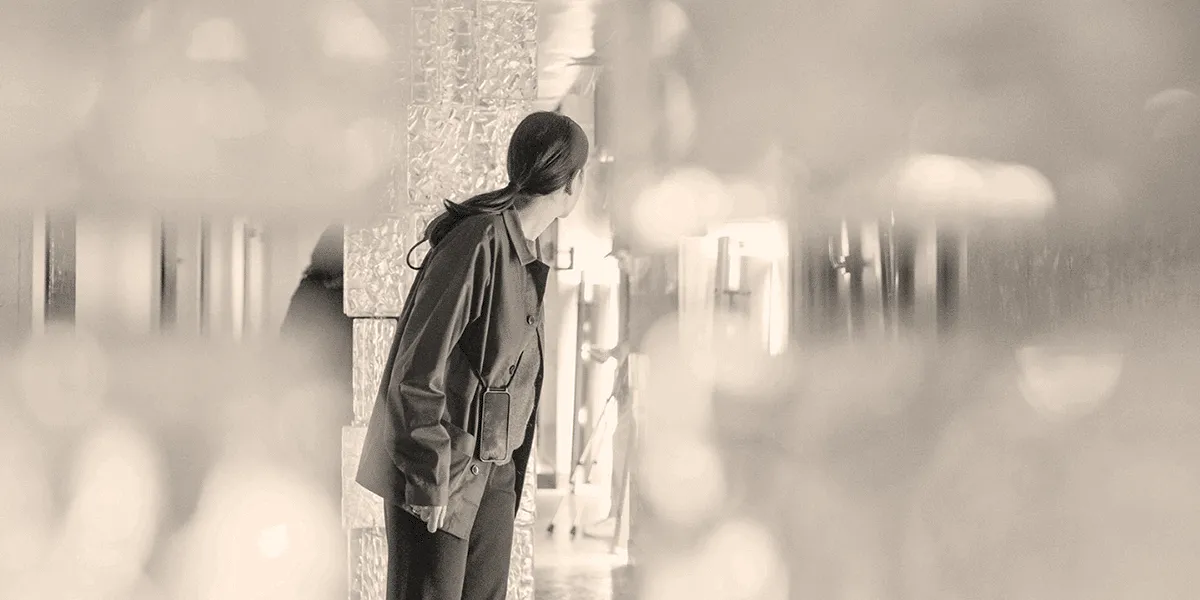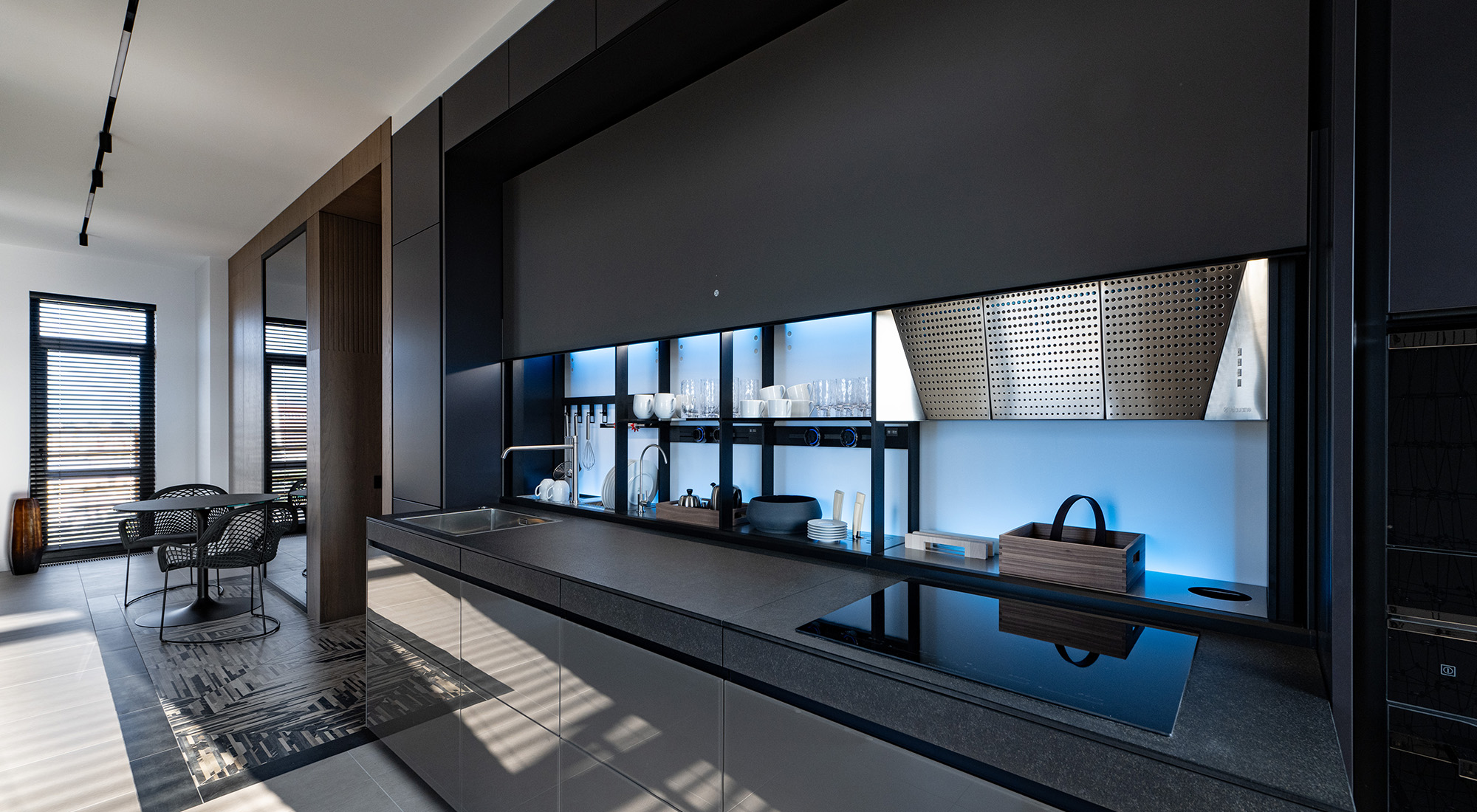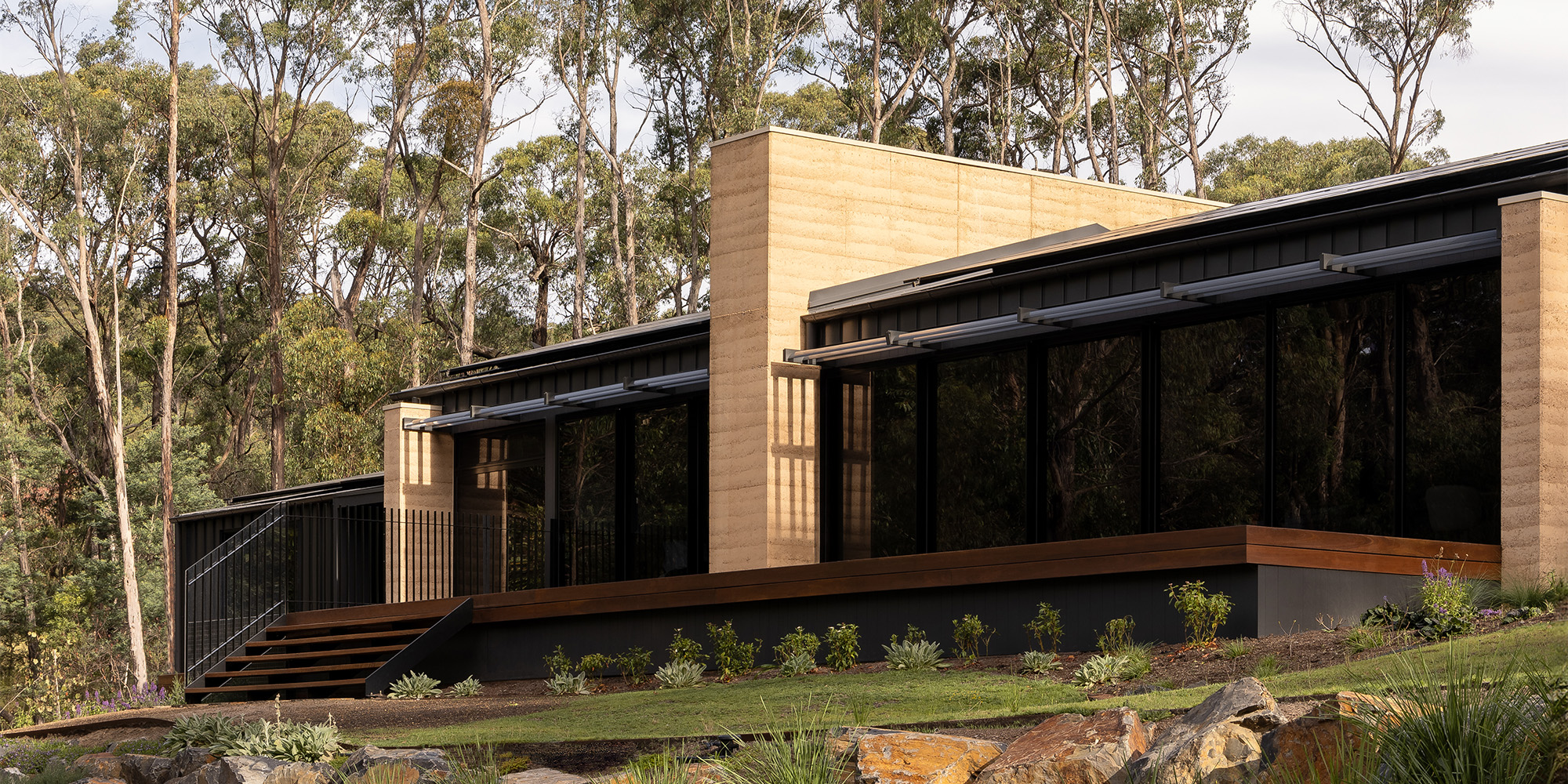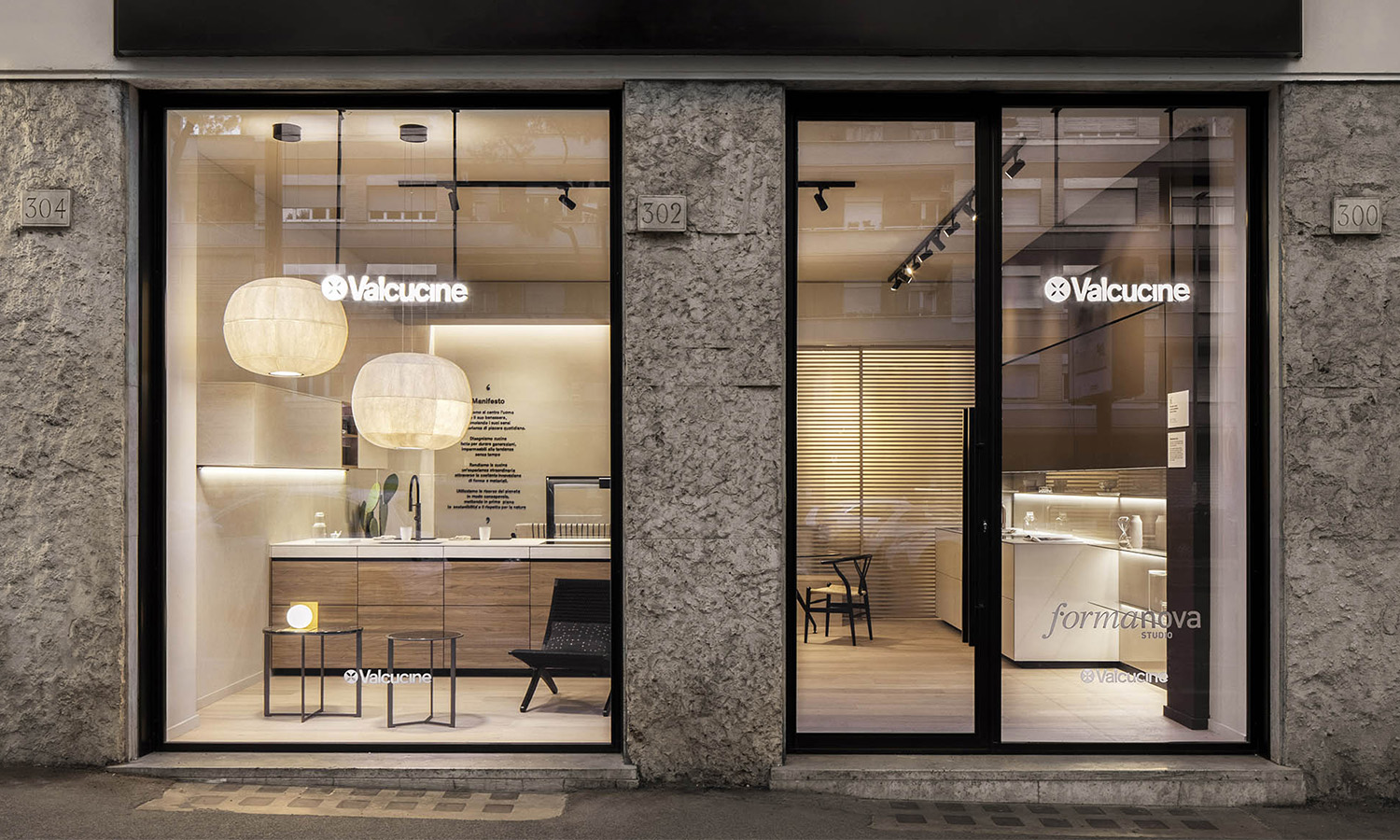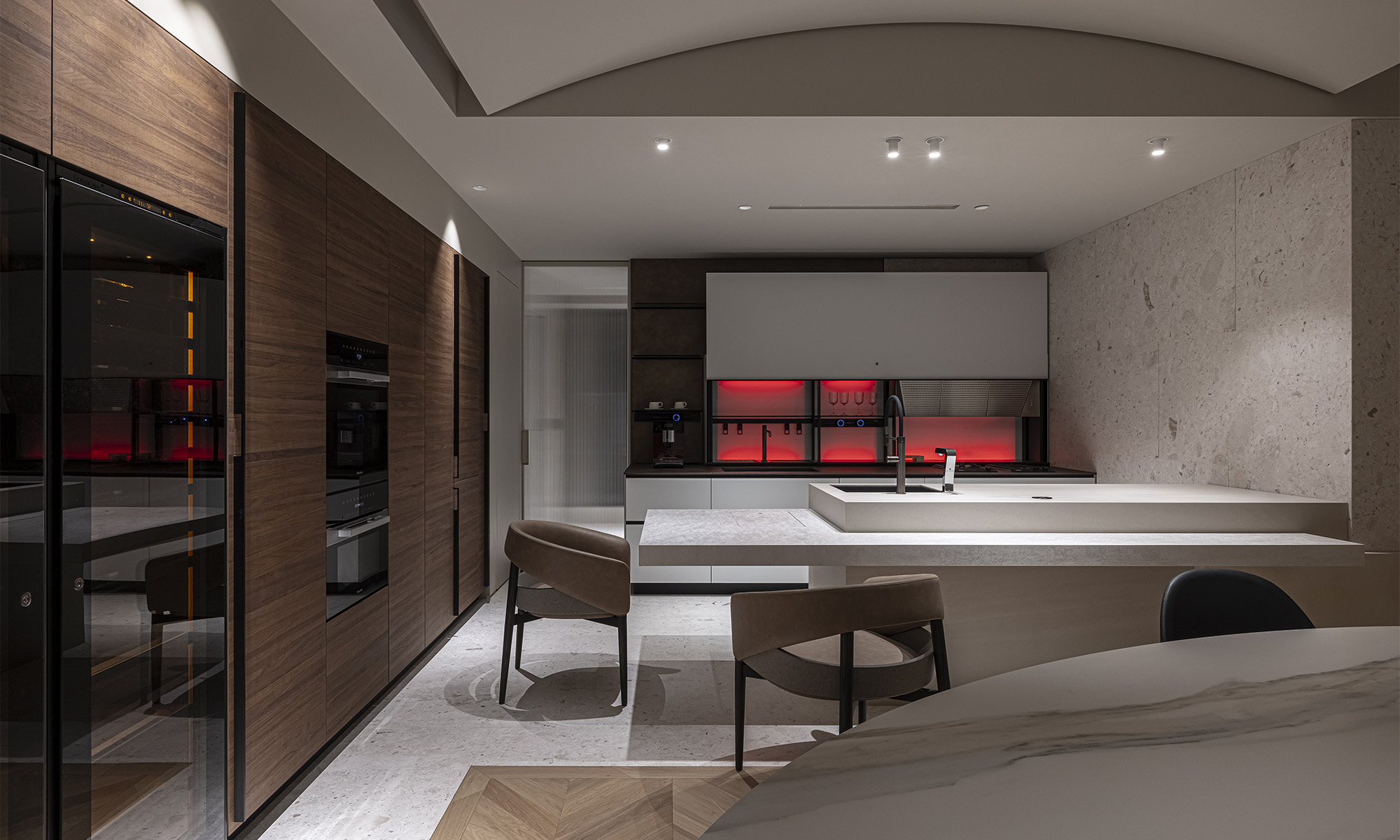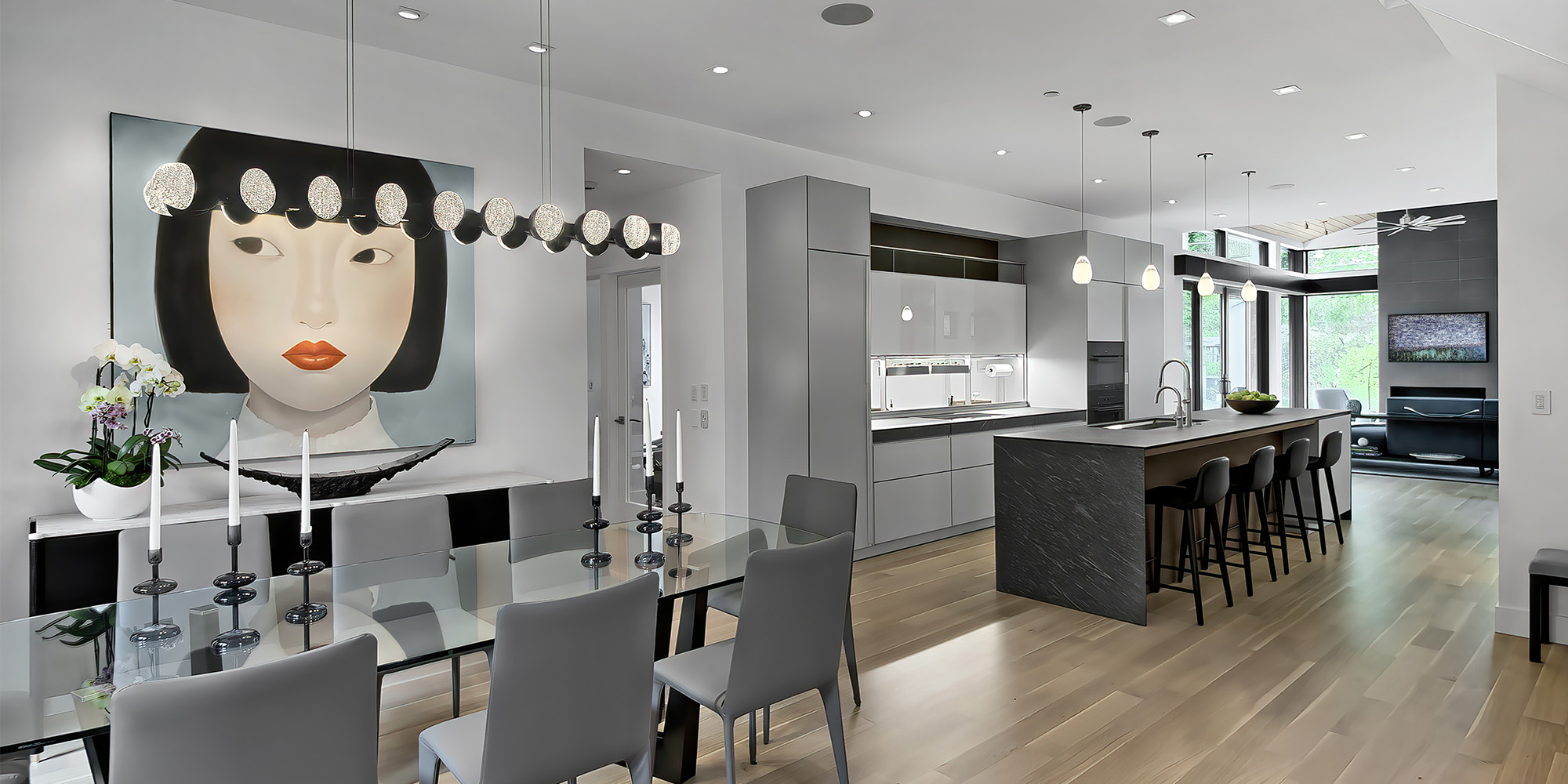6 Leadership Attributes for Leading Companies to Sustainability. The Valcucine answer
Changing Tack, the final report of the Regeneration Roadmap by GlobeScan and SustainAbility aims to provide a way forward for achieving sustainable development within the next generation, has just launched last week. It focuses on the sustainability challenges that remain great and growing and the role business has to play in providing much needed solutions.
As the report explains, while a cohort of leading companies understand the imperatives and act accordingly, embracing the imperative of sustainable development leadership, many companies still lag behind in what the report identifies as a leadership gap. To close this gap, the report suggests that companies consider six ‘extended' leadership attributes which are essential to success. Via Triplepundit
The report suggests companies to consider six ‘extended' leadership attributes which are essential to success: Vision, Goals, Offer, Brand, Trasparency, Advocacy.
Point by point how we are facing our sustainability challenge since 1980.
1. Vision – articulates a company's unique role in and contribution to a sustainable future. It describes a compelling and relevant destination for the organization and inspires employees, partners and other stakeholders to help achieve it.
Ethics drives the new Millennium and is the tool for a balanced and sustainable development of the world and of its inhabitants.
Valcucine expresses its will and makes its business culture, attentive to local and universal dynamics, available to invest in these topics, to face the environmental problems that are at the basis of one of the most strongly-felt ethical matters, because they are part of each and every one of us and influence both the existence and well-being of future generations. Paying attention to the environment is not limited to compliance to laws but stems from the awareness of a responsibility that reveals itself when ethics become a solid reference point.
This awareness is expressed in the responsibility of industries towards contemporary and future society and encourages a company to become an active part of the cultural and social promotion of the territory on which it has its roots. This is how Valcucine becomes the promoter and sponsor of events and shows, of debates and talks aimed at implementing the critical conscience and well-being of the local people and of its associations. Horizons widen to include the entire planet for which Valcucine implements projects and initiatives that have convinced and concrete environmental ethics as their common denominator.
2. Goals – help define the destination expressed in the vision and establish waypoints on the journey. When they are ambitious and specific, they boost stakeholder trust and engagement and help unlock both competition and collaboration to drive innovation.
In just a few decades we have accumulated a great debt towards nature by consuming a capital that we thought was endless but which is, in reality, becoming rarer and more precious and we are now asking ourselves how we can reduce our debt and avoid passing it over to our children and to future generations.
We often talk about the environment and environmental problems but, concretely, what can industry do to contribute to a better future? A company and a businessman that have an ethical conscience, the means and the will to affect and invert the destructive trend of the past century, can do a lot in two ways: by restoring raw materials and natural resources and by sourcing a design that has utmost respect for the environment and, consequently, for Man.
In the twenty-first century it would be utopian to want to “stop the world” “go back to the past” and “stop consumptions”. It isn't possible to do so and this isn't even the right way to save our plant. We are part of the 15% percent of the world that consumes 80% of its resources. We should therefore worry about the lack of raw materials in the future, when the rest of the world, that is now developing, will be able to afford the same well-being we have already enjoyed. When this happens the Earth's resources multiplied by six won't suffice.
This is why Valcucine is continuously researching into innovative technologies that make it possible to dematerialise production and make it more sustainable. This research has resulted in the invention of products that cut the quantity of materials and energy used down to a minimum.
At the same time, in order to have the least possible impact on Nature's cycle, the company develops recyclable and durable products and facilitates the reutilisation of discarded materials in order to produce less waste.
Consequently, the path of technological innovation becomes an opportunity and an incentive to research aimed at giving concrete solutions to the real needs of Man and of our planet. This research has resulted in the design and manufacture of competitive products that distinguish the company on the market and that provide it with fair earnings. Thus, profit becomes the end product of an ethical, cultural and technological process and not the primary objective of a mere economic speculation.
3. Offer – calls on companies to evolve the nature and substance of their core propositions – their products, services and the business models that underpin them – to deliver on their vision for sustainability. This attribute requires developing products and services that push the boundaries of both different (internalizing externalities) and better (more socially conscious products and services).
Artematica and Riciclantica kitchen doors are the utmost expression of dematerialisation, employing aluminium frames with lightweight laminate panels to ensure the hinges last longer. With the Riciclantica system a 90% reduction in timber consumption is achieved. The revolutionary equipped back section called New Logica System 100% recyclable where everything
Both the Meccanica kitchen (branded demode and engineered by Valcucine) and the Invitrum base unit system are 100% recyclable 80% reusable. Instead of glued joints they are fitted together using mechanical means only.
Today, Valcucine is the first and only company in the kitchen sector that, on its glass and aluminium or iron furniture systems by demode engineered by Valcucine, makes a commitment to its users and to the public to collect its products and to guarantee their disposal at the end of their life cycle.
These products can be 100% recycled and/or 80% reconditioned to drastically reduce the consumption of other raw materials and the production of other waste. This Guarantee of Responsibility confirms Valcucine's commitment and responsibility: a choice that always has a happy ending. Thanks to the Guarantee of Responsibility, the future of the environment, and of us all, is guaranteed forever.
4. Brand – is the effective expression of vision, goals and offer through a compelling brand promise and communications. It creates opportunity to engage and reshape fundamental values and mindsets.
Our brand awareness reflect exactly what we are and how our dealers, partners, fans and followers perceive us.
Of course, with all our mistakes, our efforts, our commitment, our goals.
5. Transparency – provides relevant, appropriate, timely signals to all market players. This requires further and faster evolution of traditional corporate sustainability reporting, plus new approaches better able to engage, inform and influence.
The dedication to eco-friendly production has made Valcucine Italy's first kitchen cabinet manufacturer to obtain UNI EN ISO 14001 certification. Since 2013, it is also a member of the U.S. Green Building Council and contributes to satisfy the requirements of the LEED credits (Leadership in Energy and Environmental Design) on the product Artematica, with glass fronts and glass or chipboard carcasses.
Aware that a responsible management of forest reserves is fundamental to respect the environment, Valcucine introduced FSC certified woody components in their own kitchens
In 2008 Valcucine has achieved in compliance with standard FSC-STD-40-004, the ultimate goal is producing the production of kitchen where all the woody parts are FSC sourced.
As for FSC products 100%, as well as to the elements for interior drawers in solid, Valcucine has expanded the certification to some types of kitchen door (walnut) and all the back panels.
At present, the production of base units (carcasses) and their bottoms are mix credits panel certified.
All our communication as our blog https://www.valcucine.com/magazine, or eco bookshop, our catalogues, facebook and twitter are focused on creating awareness and culture about sustainability through eco-friendly activities, events, lectures, speeches…
6. Advocacy – helps businesses to shape more sustainable behavior and choices across the economy. This means mobilizing others, including policymakers, other companies, investors and consumers, to help reform policy, market incentives and other system conditions to drive sustainability further (and faster) into the mainstream.
Valcucine created Bioforest, a no-profit Onlus Association. It was founded in 1998 with a group of manufacturers and small business men attracted by a new model of development based on the compatibility between industries and environmental protection.
The targets of their commitment were the reduction of energy consumption and of raw materials in production, the elimination of the use of toxic materials and a sufficient development of research and technological innovation aimed at the respect of the natural environment. To this aim, relations with developing countries are fundamental in a perspective of sharing and of a balanced utilisation of the natural resources of our planet that allow us to preserve them and to transmit the resources we have inherited to future generations.
Bioforest resolves to promote a new culture in the industrial sector that is capable of meeting its responsibilities and is ready to act in a concrete way to restore and protect the world's natural resources.
A new alliance between industries and the environment aimed at providing an important sign: a reliable commitment that is meant to last.
Inspired by this spirit, Bioforest has been financing a project in Ecuador. The Otonga project consists mainly in the purchase of strips of Amazon forest. The Otonga forest, including the latest purchases effected at the beginning of this year, now exceeds an extension of 1500 hectares. New scholarships have been awarded to young University students in Ecuador and studies and researches on the Otonga forest have been financed thanks also to the accommodation and logistic facilities available. Of particular importance in this regard is the scientific centre with its specific laboratory where it is possible to study and do research directly on the spot.
A starting-up project concerns the reafforestation of the Municipality of Cordenons in the Province of Pordenone where a Biotype of great naturalistic interest has been identified in the resurgence area of Vinchiaruzzo. The activity is carried out by planting native plants in pots and then transplanting them in a nursery and lastly planting them in areas donated by Bioforest and/or by the Administration of the Municipality concerned. The humid resurgence areas are very precious natural habitats. As a result of floristic surveys an extraordinary concentration of different, rare, very rare or endemic species has been identified that are in closely connected to the adjoining “magredi” area.
The “Occhione” environmental education project has been simultaneously started in some middle schools in the Province of Pordenone: a naturalistic laboratory has been set up to study local plants and wildlife.
tweet @triplepundit @SustAbility @GlobeScan @regenroadmap #ChangingTack
LATEST POSTS


